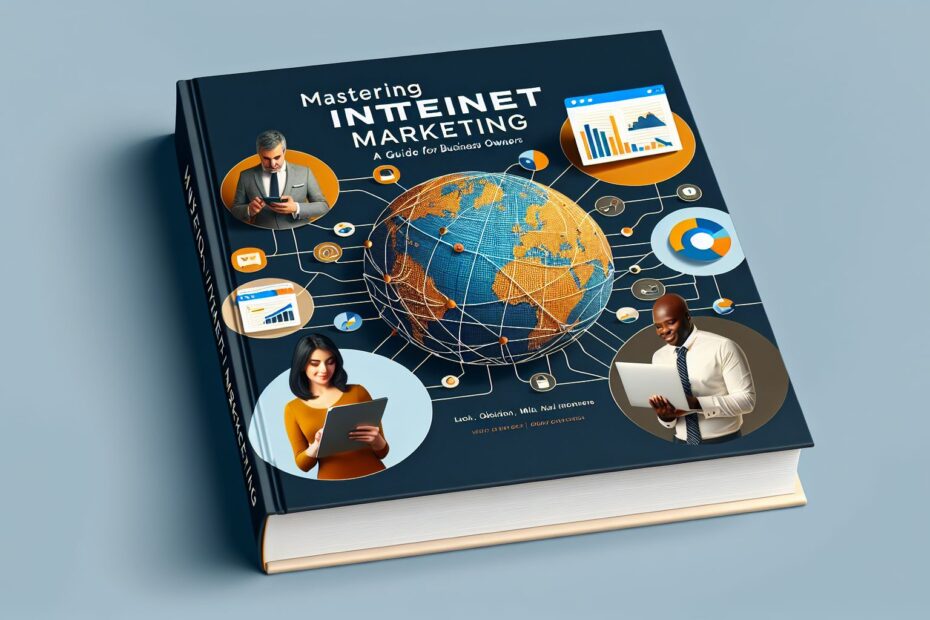In today’s digital age, having a strong online presence is essential for any business looking to succeed. With so many consumers turning to the internet to research products and services, it’s crucial for business owners to understand the ins and outs of internet marketing. Whether you’re a small mom-and-pop shop or a large corporation, implementing effective digital marketing strategies can help you reach a larger audience, generate more leads, and ultimately increase your revenue.
Understanding the Basics of Internet Marketing
Internet marketing encompasses a wide range of strategies and tactics aimed at promoting a business online. These can include search engine optimization (SEO), social media marketing, email marketing, content marketing, and more. Each of these tactics plays a crucial role in building brand awareness, driving traffic to your website, and converting leads into customers.
One of the first steps in creating a successful internet marketing strategy is to identify your target audience. Understanding who your customers are, what they’re looking for, and where they spend their time online will help you tailor your marketing efforts to reach them effectively. By creating detailed buyer personas, you can better understand your target market and develop content and messaging that resonates with them.
Implementing Effective Internet Marketing Strategies
Once you have a clear understanding of your target audience, it’s time to start implementing various internet marketing strategies to promote your business. Here are a few key tactics to consider:
-
Search Engine Optimization (SEO): Optimizing your website for search engines is crucial for driving organic traffic. By using relevant keywords, creating high-quality content, and optimizing your site’s structure, you can improve your search engine rankings and attract more visitors.
-
Social Media Marketing: Social media platforms like Facebook, Instagram, and Twitter offer a valuable opportunity to engage with your audience, share content, and promote your products or services. By creating a consistent social media presence and posting relevant content, you can increase brand awareness and drive traffic to your website.
-
Email Marketing: Email marketing is a powerful tool for nurturing leads and converting them into customers. By sending targeted, personalized emails to your subscribers, you can build relationships with your audience, promote special offers, and drive sales.
-
Content Marketing: Creating high-quality, relevant content is key to attracting and engaging your target audience. Whether you’re writing blog posts, creating videos, or sharing infographics, producing valuable content can help establish your business as an industry leader and drive traffic to your website.
Measuring Success and Making Adjustments
Once you’ve implemented your internet marketing strategies, it’s important to monitor their effectiveness and make adjustments as needed. By tracking key performance indicators (KPIs) such as website traffic, conversion rates, and social media engagement, you can assess the impact of your marketing efforts and make informed decisions about where to focus your resources.
Additionally, listening to feedback from your customers and monitoring trends in your industry can help you stay ahead of the curve and make necessary adjustments to your marketing strategy. By staying agile and open to change, you can ensure that your internet marketing efforts continue to drive results and support your business goals.
Conclusion
Internet marketing is a powerful tool for business owners looking to promote their products and services online. By understanding the basics of internet marketing, implementing effective strategies, and measuring success, you can reach a larger audience, generate more leads, and ultimately grow your business. With the right approach and a willingness to adapt, internet marketing can help you take your business to the next level in today’s digital landscape.

